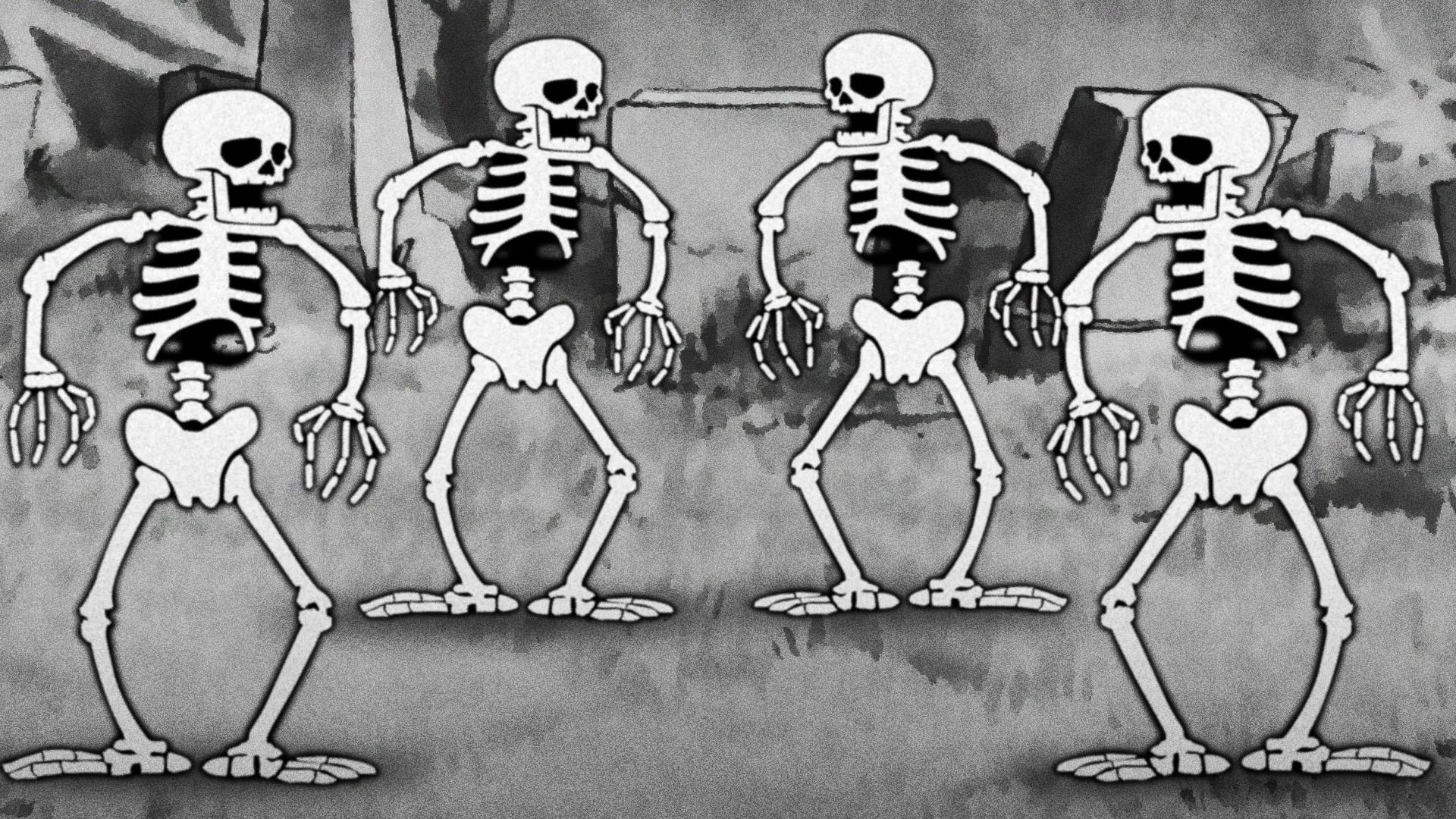After making his acclaimed Yusuf Trilogy, in which he chronicled the social, cultural and economic changes of his native Anatolia, The Turkish Semih Kaplanoglu returns to the big screen with a new thematic saga. After dealing with motherhood in “Asli’s Promise”, she now chooses to put the focus on the survival of agriculture in ‘Hasan’s promise’, presented in the Un Certain Regard section of the 74th Cannes Film Festival and representative of Turkey in the category of best international film at the 94th edition of the Oscars.

Second episode of the Engagement Trilogywhich will end with ‘Fikret’s promise’, ‘Hasan’s Promise’ begins with the threat of the destruction of the apple and tomato fields of the protagonist who gives the title to the film, played by Umut Karadag, known in Turkey for series as’ Hakal’-. It is a tragedy for a man who sees how his father’s land, which in turn belonged to his grandfather, risks being lost in order to install a new antenna that allows a greater electrical connection to the area.
Kaplanoglu, who also wrote the screenplay, could have made a feature film in the purest style of Carla Simón and her ‘Alcarràs’, portraying with a certain melancholy a type of life and work that new technologies try to bury (despite the Humanity could not live without agriculture and that it is essential for development, which was seen more clearly after the outbreak of the COVID-19 pandemic and the subsequent Russian war in Ukraine). However, the director does not go for the predictable, but chooses to lay bare the conscience of his protagonist, an apparently virtuous and generous man who offers the image that is expected of an honest farmer.

However, the director uses the premise of a pilgrimage trip to Mecca to expose the protagonist’s “sins”, how he anointed a judge for his benefit in the distribution of the lands inherited from his father and how this caused an enmity of more than two decades with his brother; of how he exploited his former foreman of him, whom he accused of stealing, when it was he who warned him that the pesticides he was using on the crop were harmful, or of how he will take advantage of the misfortune of a neighboring peasant to buy his land at a price below the market price.
A raw and real look at the rural world in today’s Turkey
Despite acting unethically, Kaplanoglu does not describe the protagonist as a villain or a bad man, but rather exposes his survival instinct., the one with which he manages to buy back from a corrupt judge to move the antenna to a neighboring land. His wife, played by Filiz Bozok, is not outdone in terms of arrogance and certain exploitative tendencies. The interesting thing is that the director does not outline them as a marriage in the purest Macbeth style, but shows how their guilt and bad practices have caused that, despite mutual understanding, they have undermined mutual trust.

On background, “Hasan’s Promise” is a portrait of the more uncomfortable side of rural survival, what is seen as the ideal Arcadia by city dwellers. Very symbolic are the scenes that refer to Hasan’s daydreams or how in a sequence his own crop rebels against its owner (it’s the most graphic moment in the film). Added to this is an aesthetic care and a contemplative narrative that reminds us that Kaplanoglu is a contemporary of one of the most praised Turkish filmmakers in today’s cinema, Nuri Bilge Ceylan. This is evident in the photographic style of Özgür Eken, a regular collaborator of Kaplanoglu, whose melancholy and evocative image contrasts nicely with the actions of its protagonist.creating a naturalistic fable of incredible visual beauty, along the lines of ‘Winter Dream’ or ‘The Wild Pear Tree’, by the aforementioned Ceylan.
“Hasan’s Promise” is a splendid drama about the current reality of the rural world, a raw portrait whose beauty lies in an aesthetic section and a narrative style designed for the most gourmet viewer. Kaplanoglu still triumphs with a thematic saga, after what has been achieved with ‘Huevo’, ‘Leche’ and, above all, ‘Miel’, the brand new Golden Bear in Berlin. Whether the long-awaited “Fikret’s Promise” will live up to it remains to be seen.
Note: 8
The best: His aesthetic section is exquisite, his photography conveys that mixture of melancholy, guilt and nostalgia.
Worse: His narration is somewhat slow, only suitable for viewers admiring the contemplative sequences.
Source: E Cartelera
Elizabeth Cabrera is an author and journalist who writes for The Fashion Vibes. With a talent for staying up-to-date on the latest news and trends, Elizabeth is dedicated to delivering informative and engaging articles that keep readers informed on the latest developments.




